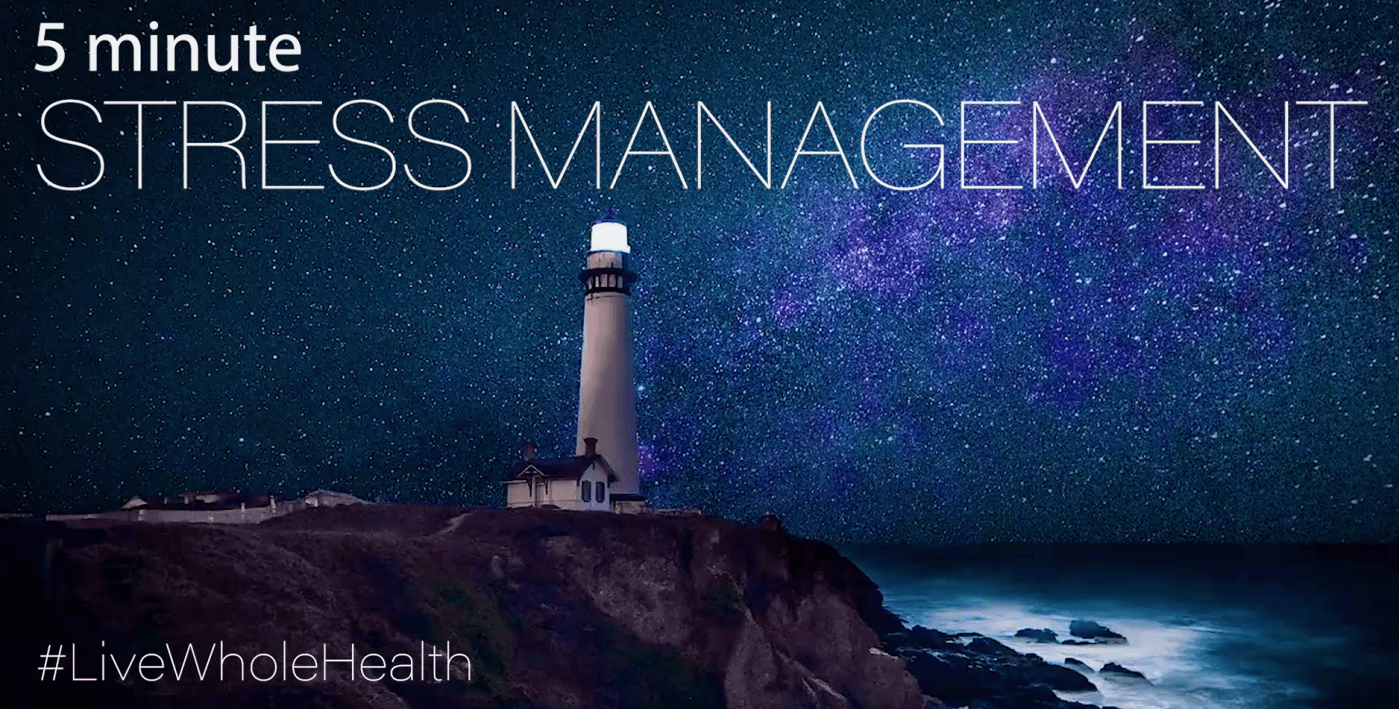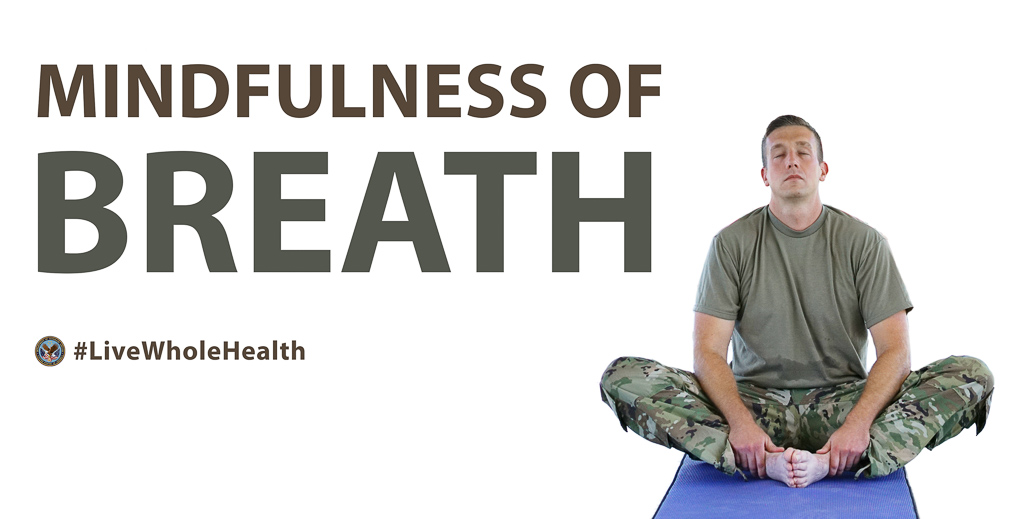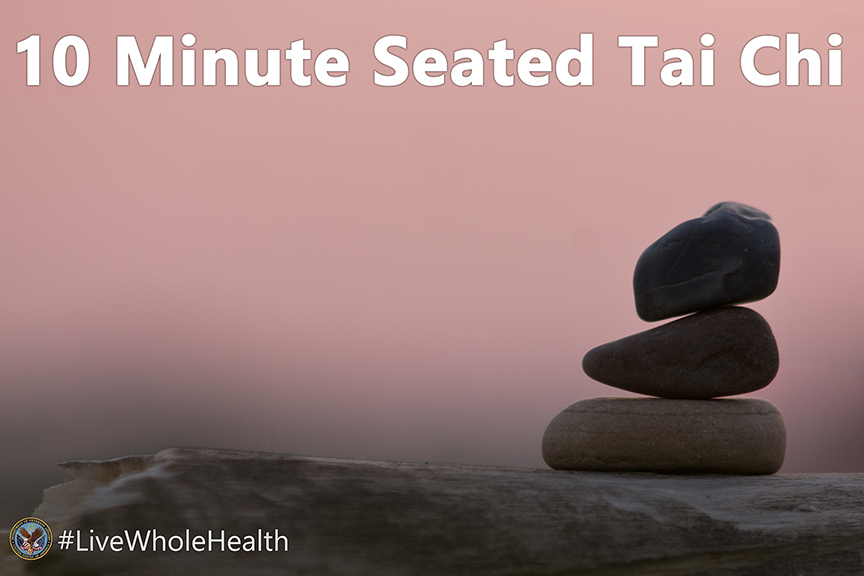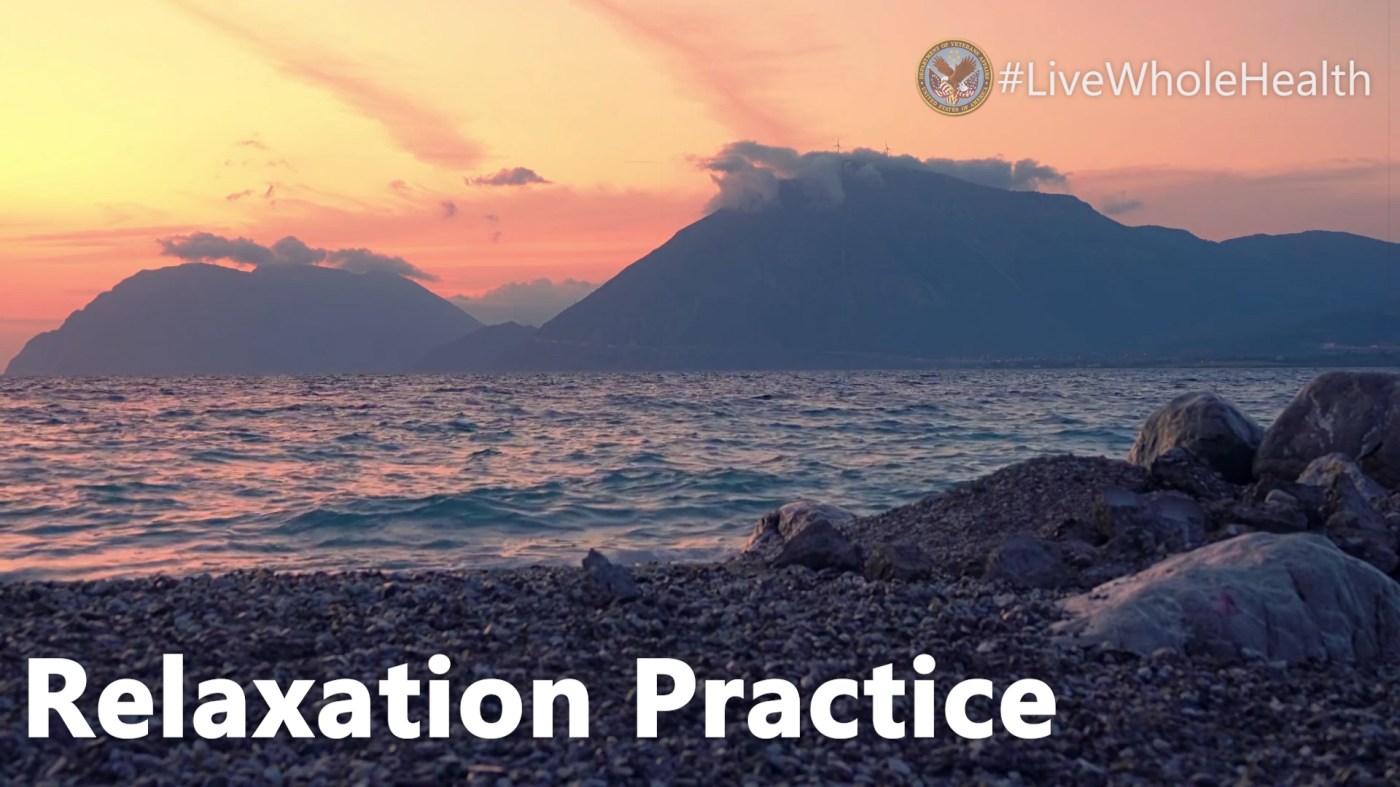Stress is a normal part of life. Learning how to manage it well keeps us healthy.
When I asked Veterans in my chronic pain classes what they knew about stress, I heard the same answers repeatedly. “It leads to heart attacks.” “It makes you sicker.” “It causes ulcers.” “It makes you depressed.” “It wears you out.”
But when I asked if stress was a good thing or a bad thing, these Veterans said it could be both. Stress can come from bad or good events. Planning a wedding, having a baby, or starting a new job can all be stressful, but are also times for celebration.
While most of us know the dangers of stress, we don’t always pay attention to its benefits. Stress can help us prepare for a challenge, focus on what we need to do, and make sure we have the energy and strength to accomplish a goal. In fact, simply thinking about your body’s response to stress—the increased heartrate, heavy breathing, muscle tension, and sweating—as helpful instead of hurtful may lower the risk of developing those health problems mentioned by the Veterans.
After all, this is also how your body responds to exercise.
The other important point is that emotions we may consider “bad”—like worry, fear, anger, or sadness—often reveal what matters most to us.
Psychologist Kelly McGonigal said, “Stress is what arises when something you care about is at stake.” If you didn’t care about anything you wouldn’t be stressed, you wouldn’t worry, you wouldn’t experience much fear, and even anger might be less frequent. These feelings mean something is important to you, that something matters to you, that you care deeply.
The next time you notice upsetting feelings, think about what they’re telling you. What really matters to you? What do you care about? What’s at stake? Understanding what’s behind these distressing feelings is often the first step in learning how to manage them, deciding how to respond to them, and gaining better control of your emotions.
Join Dr. Robert Eric Dinenberg from the St Louis VA for this 5 minute Mind-Body Stress Management exercise:
More information
Ready to move forward in overcoming life’s challenges? Check out the Moving Forward app: https://mobile.va.gov/app/moving-forward . This tool allows users to access on-the-go tools and learn problem solving skills to overcome obstacles and deal with stress.
Do you spend time doing what matters most to you? Whole Health addresses the connections between your physical, mental, and spiritual health. Check out the Circle of Health to learn more: https://www.va.gov/WHOLEHEALTH/circle-of-health/index.asp
Marc Castellani, Ph.D., NBC-HWC, is the Whole Health Clinical Education Coordinator for the VHA Office of Patient Centered Care and Cultural Transformation
Topics in this story
More Stories
Discover the power of your breath! Explore how mindful breathing can bring peace, ease your mind and enhance clarity in this week's #LiveWholeHealth video.
Find your center and calm your mind with seated Tai Chi ? Embrace the gentle flow of movements, even from the comfort of your chair.
Amid life's chaos, find solace within. Dive into a 10-minute iRest yoga nidra practice for relaxation and inner peace this week #LiveWholeHealth video.






